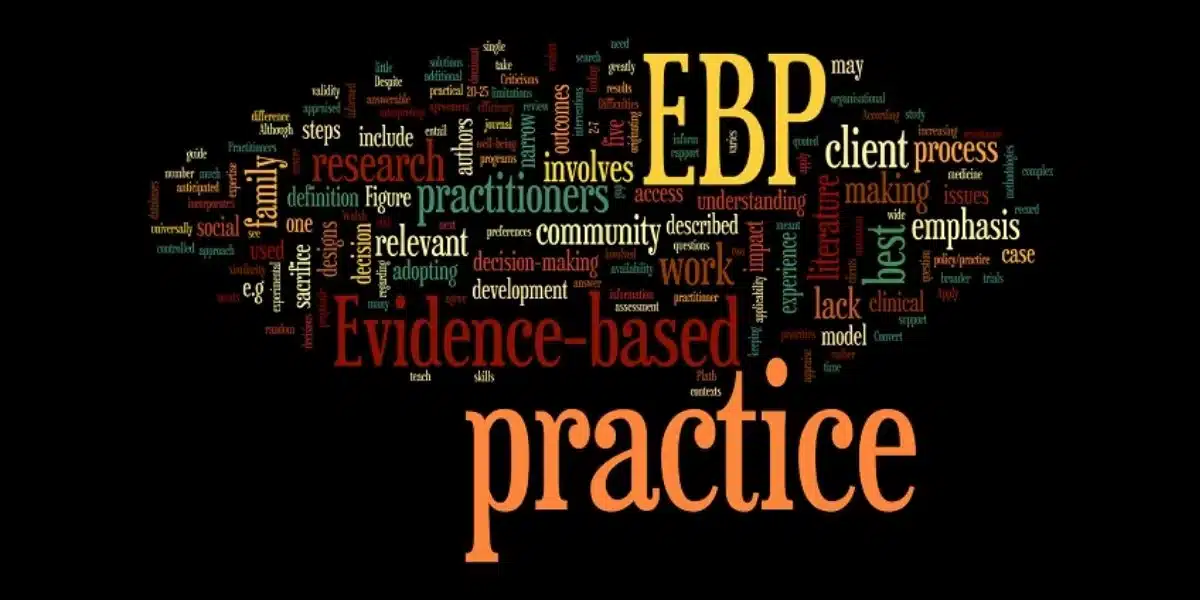What Distinguishes PCOMS? True Evidence and Client Privilege

Our beloved work is sometimes confusing because we have a knack for calling things by many different names that are essentially the same thing, a rose by any other name. Such is the case with measuring psychotherapy outcomes and the tsunami of terms: patient-focused research, practice-based evidence, routine outcome monitoring (ROM), measurement-based care (MBC), progress monitoring (PM), and feedback informed treatment (FIT).
My favorite and the one I have always used is “systematic client feedback” because it places clients in the center of the process, where they belong. But alas, ROM and MBC have been the ones most used in the literature, ROM in the psychotherapy literature, and MBC in the psychiatric literature.
There are many ROM systems that use psychometrically valid measures (read more about how to choose an outcome measure). Setting aside the purely commercially-based systems with slick websites that contain a variety of measures and declare themselves “evidence-based” on the research of other systems (read more about these approaches here), this blog discusses the most prominent MBC systems that are research-based, if not evidence-based.
Most Extensively Researched
The most extensively researched MBC approaches are:
1. The Clinical Outcomes in Routine Evaluation (CORE) widely used in the United Kingdom (Barkham, Mellor-Clark, & Stiles, 2015);
2. The Treatment Outcome Package (TOP; Boswell, Krause, Castonguay, & Youn, 2015);
3. The Counseling Center Assessment of Psychological Symptoms (CCAPS; Youn, Castonguay et al., 2015);
4. The Outcome Questionnaire System (OQ; Lambert, 2015); and
5. The Partners for Change Outcome Management System (PCOMS; Duncan & Reese, 2015). While there are pros and cons of each system and choosing the right one involves striking a balance between reliability, validity, and feasibility, there are two main distinguishing factors.
What Distinguishes One System from Another?
First, only two systems, PCOMS and the OQ have randomized clinical trial (RCT) support and were listed by the Substance Abuse and Mental Health Administration in the National Registry of Evidence-based Programs and Practices.
In other words, they are the only systems with proven results of improved outcomes and reduced dropouts. Only PCOMS has demonstrated significant improvement in outcomes with couples and families (read the RCTs here).
Second, Outcome measures and feedback systems largely arose from rigorous psychometric research and the desire to prevent treatment failure or guide intervention from a specific treatment ideology.
In contrast, PCOMS started from everyday clinical practice and a desire to privilege the client in the therapy process. Systematic client feedback offered a way to make “client directed” happen, a focused, transparent, collaborative process to honor the client’s perspective about the outcome and the alliance.
PCOMS arose, then, from a desire to privilege clients and an intent to make manifest what mattered most to therapy outcomes, the common factors. Recall that Duncan and Moynihan (1994) advocated a more intentional use of the client’s theory of change as well as deliberately maximizing common factor effects (mainly client and alliance factors).
PCOMS seemed not only a natural extension of this argument but, more importantly, offered a way to make it happen—a structured process to honor the client’s frame of reference while encouraging clinicians to routinely and transparently discuss the outcome and the alliance.
Along with this second differentiating factor, PCOMS is the only system that offers full discussion and guidance of the clinical process of using the measures. Here is where its clinical roots are apparent.
Evidence-based and Client-Directed
If being truly evidence-based and valuing client privilege is important to you, then PCOMS and Better Outcomes Now is for you. Request a free trial today and meet the developer of the clinical process of PCOMS.
